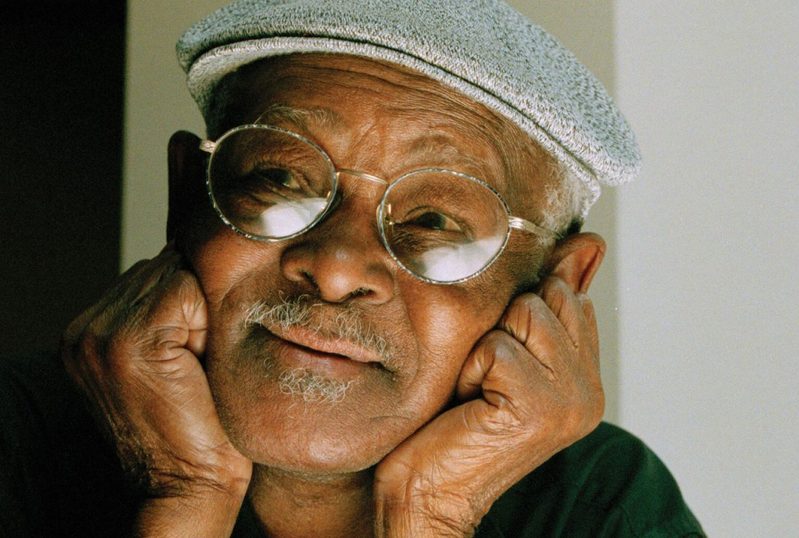Ibrahim Ferrer and the Hits of Life

On August 6, 2005, Havana witnessed the physical departure of Ibrahim Ferrer, a legend of Cuban son music. From a young age, he faced numerous difficulties and managed to carve out a space in the musical scene of the Caribbean nation. He was always perceived as humble, simple, and dedicated to his family and the musical tradition he defended throughout his life.
Driven by an unwavering work ethic, Ibrahim’s legacy resembles that of an icebreaker, unfazed by the hardships he faced, such as the loss of his parents or battling tetanus from a young age.
His formal career began with various groups in Santiago de Cuba. Once in the capital, he joined Pascasio Alonso Fajardo’s orchestra as a singer. During that time, he dedicated almost two decades to the musical scene, performing with other ensembles, including the Chepín Chovén Orchestra, Benny Moré’s orchestra, and the group created by Pancho Alonso and Enrique Bonne, with whom he performed for several years after 1959.
Despite his successes, Ibrahim felt sidelined and decided to retire after a career spanning five decades.
«I retired in 1991. I said I didn’t want to continue because, at 70, what was I doing fighting to sing a bolero if they were telling me my voice wasn’t good for that… so I finally chose to retire. I said I didn’t want anything more to do with music. I lived off my pension and what I did: I cleaned a few shoes because I didn’t want to sing with anyone. Many came to my house looking for me… they came to see me, and I said no. I was really disappointed. I didn’t want to know anything about music.»
The creation of the Buena Vista Social Club, however, would end that retirement. Juan de Marcos González, an admirer of Ibrahim, invited him to join the Afro-Cuban All Stars, which led to the opportunity to join the group under the proposal of American producer and guitarist Ry Cooder.
The success of Buena Vista brought Ferrer recognition and fame at what seemed to be the twilight of his career. His contributions to the group were accompanied by a level of attention previously unknown to him. In just seven years, he was featured in 16 productions, recorded five solo albums, won a Grammy, and performed on renowned stages in the United States, Japan, and Europe.
«De Camino a La Vereda,» a song written in the 1950s, was included in the Buena Vista album, earning Ferrer his first credit as a composer. The initiative’s rise and its subsequent international successes vindicated the career of one of the most outstanding exponents of Cuban son.
«And when he left the stage after a magnificent performance lasting almost two hours, his voice was in superb form. He never missed a cue from his great backing band, and occasionally he would sit down. When the rhythm picked up, he moved his hips and smiled with pleasure,» journalist Garth Cartwright remarked about Ferrer’s performances with the group.
Ferrer described the opportunity presented at that time as a fairy tale. Reflecting on the Buena Vista album’s recognition, he said in a 1999 interview with the Toronto Sun: «In a way, it’s a testament to what our dreams were when we were young. There probably isn’t another group that could have come together and rehearsed for a day to record that album.»
He wasn’t wrong. Ibrahim’s mark on history shines brightly, reflecting the personal tone of a human being who was able to uphold it with distinction, elegance, and diligence.
Translated by Luis E. Amador Dominguez



